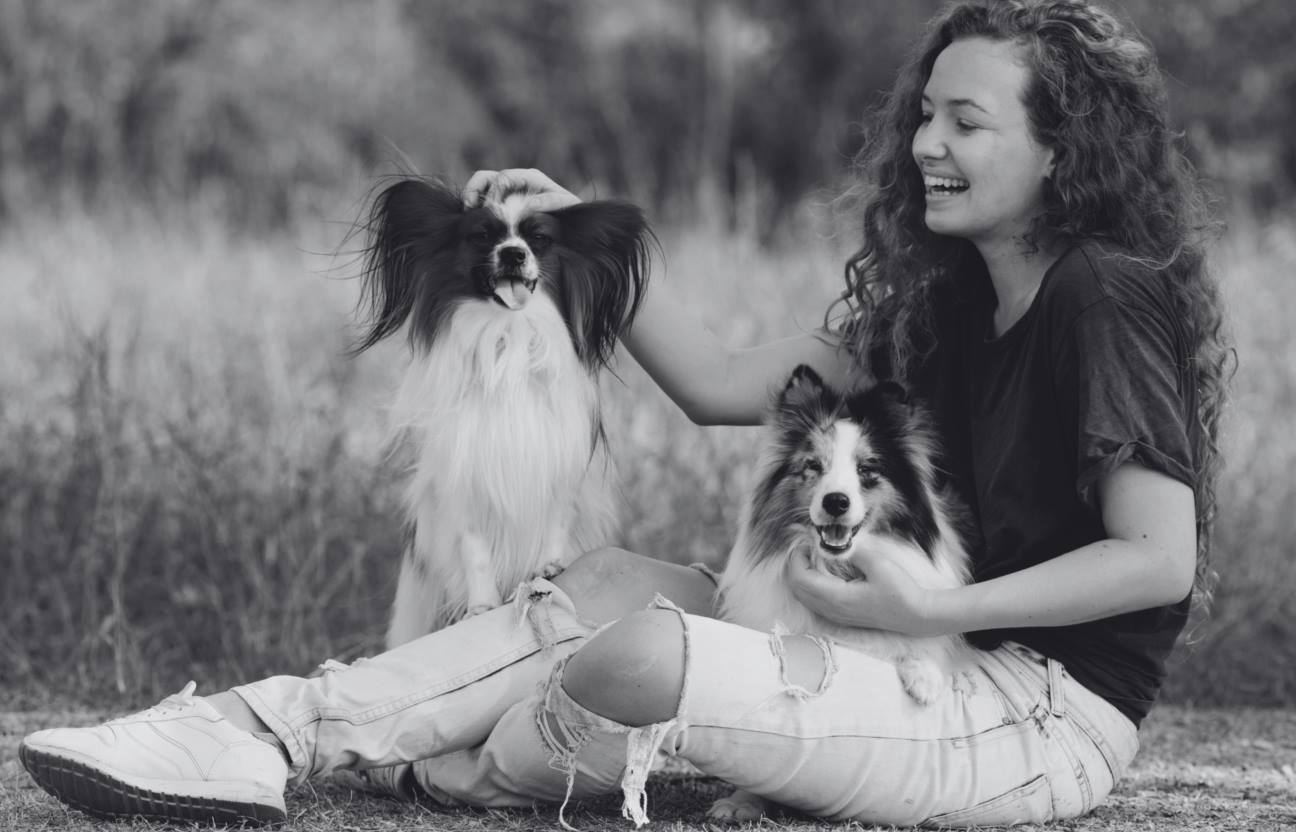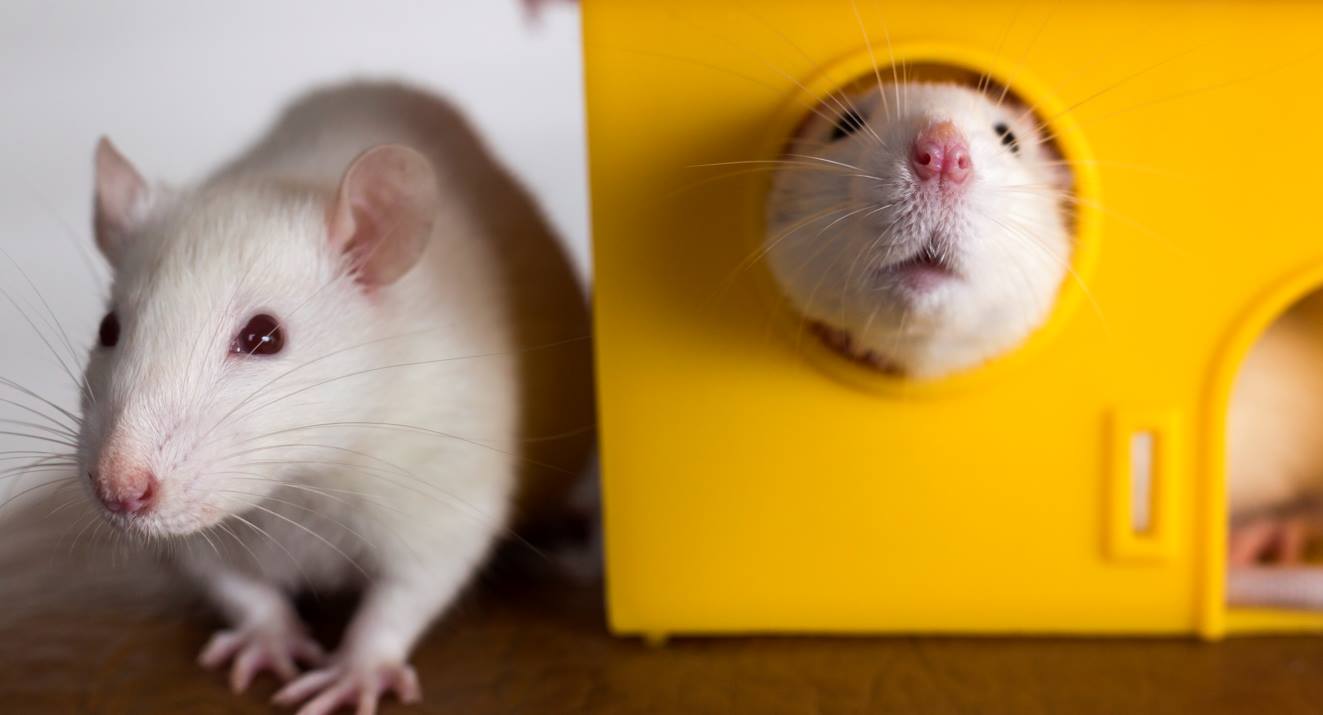The Magical Human-Feline Bond: How Cats Mirror Owners’ Personalities

If you've ever noticed your kitty behaving similarly to you, it’s not just your imagination. Many cat owners believe that there's a resemblance between themselves and their feline companions, and recent studies support the idea that cats can indeed mimic their owners' behavior. Scientific evidence suggests that cats are capable of picking up on their owners' emotions and mirroring their behavior in response.
How Do Owners Influence Their Cats' Personalities?
In 2019, the University of Lincoln and Nottingham Trent University conducted a study exploring how the personalities of cat owners influence the behavior and well-being of their beloved feline companions. This research focused on understanding how the personalities of cat owners impact the behavioral traits of their beloved feline friends. Therefore, it sheds light on the intricate dynamics between cats and their human parents.
With over 3,000 cat owners participating, the study provided a comprehensive analysis of the relationship between owner and cat behavioral traits. To assess the owners' personalities, the researchers employed an effective assessment tool measuring traits like neuroticism, extraversion, openness, agreeableness, and conscientiousness. For that reason, participants were asked to rate themselves on various statements related to these traits.
Simultaneously, the researchers collected data on the cats' behavior, health, and lifestyle through a series of questionnaires completed by the owners. The questions covered a wide range of topics, including the cat's activity levels, eating habits, stress levels, and any behavioral issues they may have exhibited.
Upon analyzing the data, the researchers discovered a significant correlation between the owners' neuroticism levels and their cats' well-being. Cats living with individuals who scored high on neuroticism were more likely to experience negative outcomes in terms of behavior, health, and lifestyle.
How Does Close Human-Pet Bond Lead To Copy Cats?
Most pet owners view their furry companions as part of the family, forming strong social connections with them. Therefore, it's no surprise that our behavior and interaction with our feline friends can deeply influence their personality and well-being.
Furthermore, the majority of owners strive to provide the best possible care for their cats, and studies about this phenomenon emphasize the impact our own personalities can have on our pets' well-being. Just like in a parent-child relationship, the traits we possess play a crucial role in our pets' overall happiness.
What Are The 5 Feline Personalities?
To understand the influence cat parents can have on their feline friends, it is worth noting that just like humans, cats have distinct personality types. Researchers have classified cat behavior into five main types. It turns out that the majority of felines belong to one of the following categories: neurotic, extraverted, dominant, impulsive, or agreeable.
Neurotic
Cats in this category exhibit traits like insecurity, anxiety, fearfulness towards people, suspicion, and shyness. As soon as visitors arrive, these cats seek a retreat. Therefore, you can provide them with hideouts all around the house, such as a cat tunnel, a cat tree, or even a simple cardboard box.
Extroverted
Extroverted cats are social butterflies that need more than just cuddles and naps. However, they can get restless and destructive if they don't get enough mental stimulation. To keep them happy and healthy, make sure to give them lots of toys and playtime every day.
Dominant
Having a cat with a dominant personality can be a real headache in a household with multiple cats. They tend to take over everything, from food to toys and even the litter box. If you're dealing with a bossy cat who's not sharing, it's important to provide each cat with their own food and water bowls and more than one litter box.
Impulsive
Impulsive cats might exhibit varying responses in different situations. This feline personality type involves a combination of heightened energy and anxiety. Establishing regular routines, like scheduled feedings and playtime, can help these cats behave more appropriately.
Agreeable
An agreeable cat is the life of the party, always getting along with everyone and never missing a chance to greet with a friendly meow and a raised tail. Consequently, they are the perfect addition to a home with multiple cats.
Final Thoughts
Every cat has its own distinct personality, just like humans do. Understanding your cat's unique traits can help you cater to their individual needs and create the perfect paradise for them at home.











